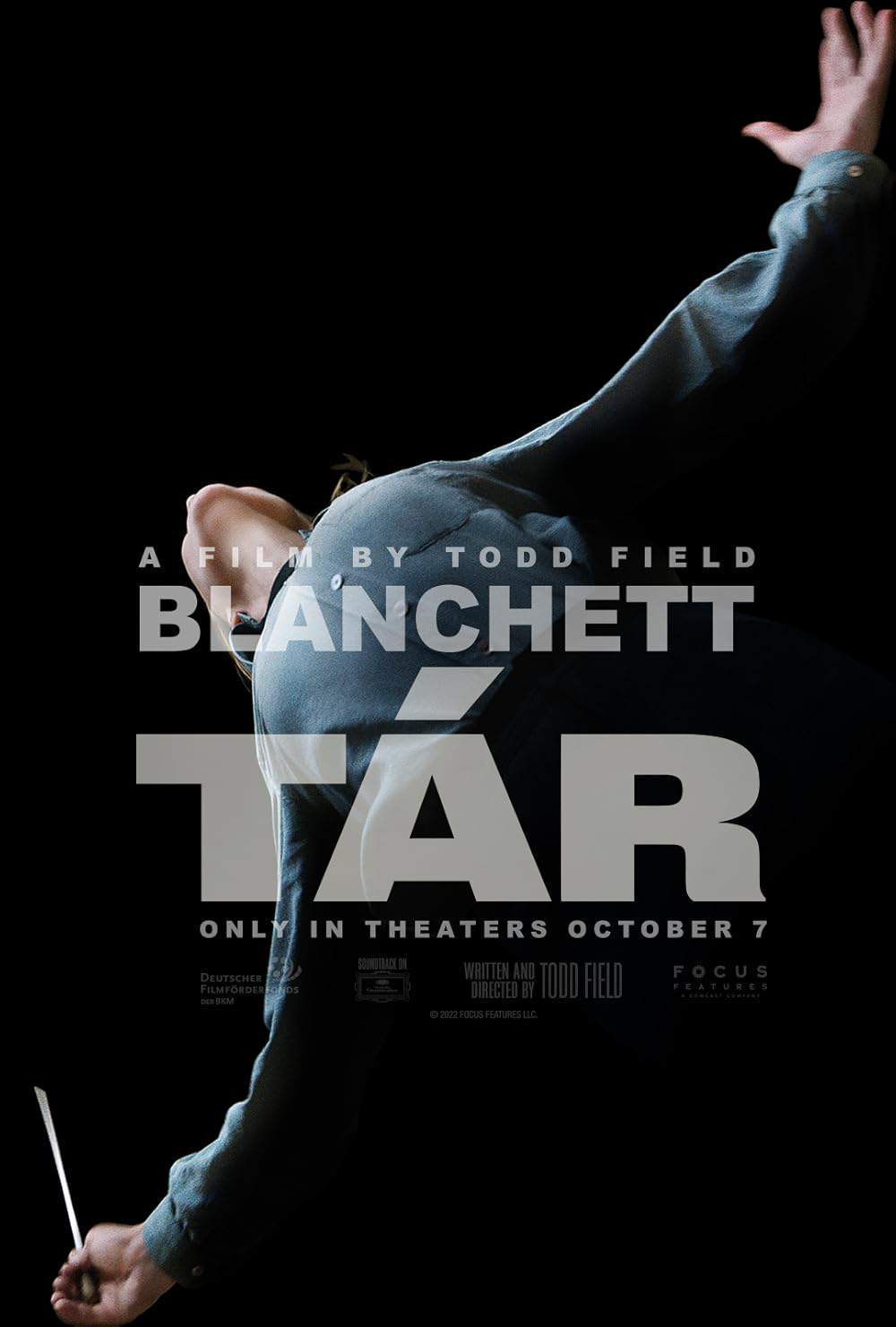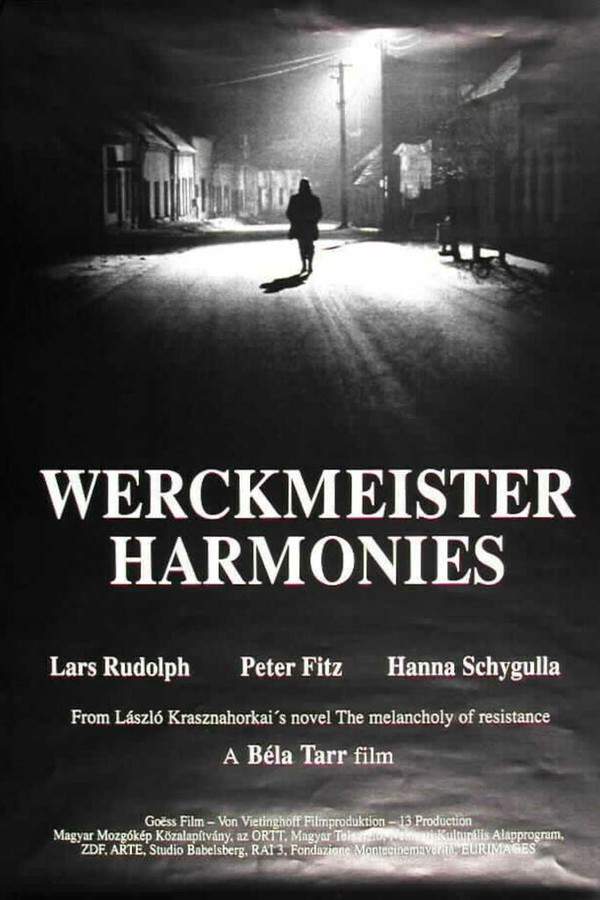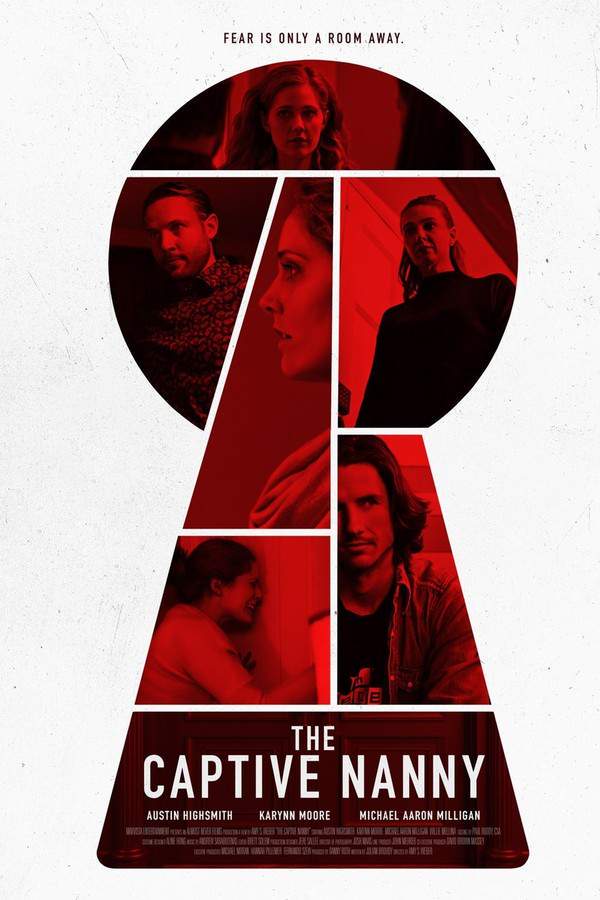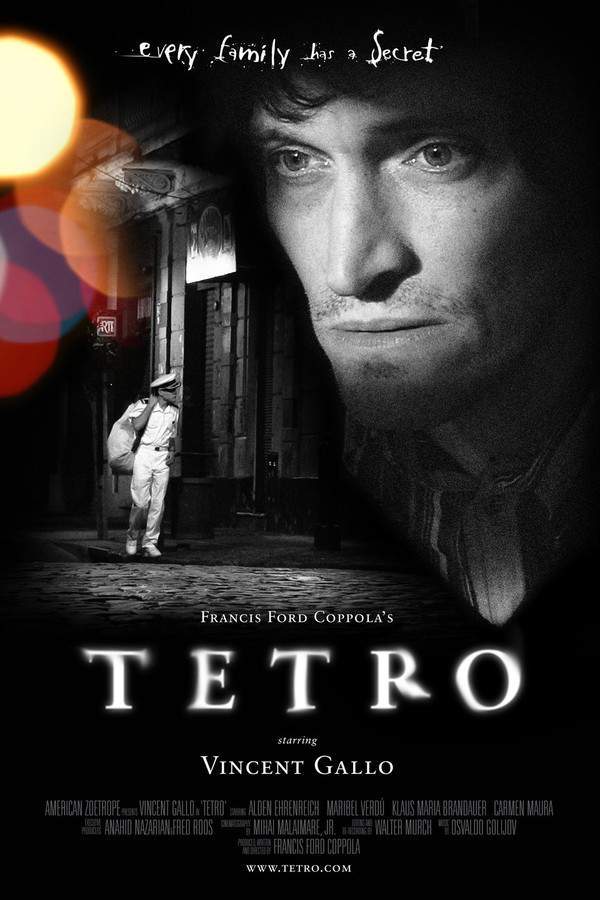
Cate Blanchett portrays Lydia Tár, a renowned and influential conductor preparing for a significant book launch and symphony performance. As she navigates her career at the pinnacle of success, unexpected events trigger a dramatic downfall. The film delves into the intricacies of power, ambition, and the potential for corruption within even the most respected figures, revealing a compelling portrait of a woman facing a crisis.
Does TÁR have end credit scenes?
No!
TÁR does not have end credit scenes. You can leave when the credits roll.
Meet the Full Cast and Actors of TÁR
Explore the complete cast of TÁR, including both lead and supporting actors. Learn who plays each character, discover their past roles and achievements, and find out what makes this ensemble cast stand out in the world of film and television.
External Links and Streaming Options
Discover where to watch TÁR online, including streaming platforms, rental options, and official sources. Compare reviews, ratings, and in-depth movie information across sites like IMDb, TMDb, Wikipedia or After Credits.
Ratings and Reviews for TÁR
See how TÁR is rated across major platforms like IMDb, Metacritic, and TMDb. Compare audience scores and critic reviews to understand where TÁR stands among top-rated movies in its genre.

The Movie Echo Score
Overall, Tár earns a solid standing as a compelling drama that intertwines music, power, and personal downfall. Critics consistently commend Todd Field’s direction and Blanchett’s performance, while many viewers highlight the film’s atmospheric visual style and its demand for attentive viewing. Some audience members note a sluggish first act and occasional pretentiousness, yet the film’s latter half and thematic depth leave a lasting impression. Consequently, the film scores 75, reflecting strong artistic merit tempered by mixed narrative reception.
The Movie Echo Score Breakdown for TÁR

Art & Craft
Artistic craftsmanship is a prominent strength of Tár. Critics and viewers alike note Todd Field’s precise direction and Florian Hoffmeister’s haunting cinematography, which together create a meticulously composed visual palette. The production design and editing support the film’s formal elegance, reinforcing its thematic concerns. This high level of artful execution justifies the elevated ART score.

Character & Emotion
Character portrayal stands out as a major asset of Tár. Blanchett delivers a forceful, nuanced performance that many deem career‑defining, capturing the protagonist’s complex ambition and vulnerability. Supporting roles add depth, though some viewers find certain emotional beats underdeveloped. Overall, the strong central acting outweighs minor shortcomings, resulting in a robust CHARACTER rating.

Story & Flow
Story and narrative flow receive mixed assessments in Tár. The film presents an original examination of artistic power and cancellation, praised for its thematic ambition and a compelling second act. Conversely, several viewers criticize the opening act for excessive exposition and uneven pacing, which can impede engagement. These divergent views lead to a moderate STORY score.

Sensory Experience
Sensory experience in Tár blends auditory and visual elements to reinforce its atmosphere. The soundtrack incorporates orchestral passages that echo the protagonist’s world, while the cinematography offers an understated yet eerie color scheme. However, some audience members note a scarcity of on‑screen classical performances, diminishing the expected musical immersion. The overall sensory execution merits a solid SENSORY rating.

Rewatch Factor
Rewatch factor emerges as a notable feature of Tár. Critics describe the film as one that invites a second viewing to fully appreciate its layered narrative, and many viewers acknowledge the lingering impact of its climax. While the initial act may feel dense, the film’s complexity rewards repeated engagement. Consequently, the REWATCH score reflects its enduring appeal.

93
Metascore
7.5
User Score

7.4 /10
IMDb Rating

71
%
User Score

3.9
From 5.7K fan ratings
Take the Ultimate TÁR Movie Quiz
Challenge your knowledge of TÁR with this fun and interactive movie quiz. Test yourself on key plot points, iconic characters, hidden details, and memorable moments to see how well you really know the film.
The Complex World of TÁR Quiz: Test your knowledge on Lydia Tár, her relationships, and the tumultuous events of the film TÁR.
Who is the main character of TÁR?
Lydia Tár
Krista Taylor
Eliot Kaplan
Francesca Lentini
Show hint
Awards & Nominations for TÁR
Discover all the awards and nominations received by TÁR, from Oscars to film festival honors. Learn how TÁR and its cast and crew have been recognized by critics and the industry alike.
95th Academy Awards 2023

Cinematography

Film Editing
Best Picture

76th British Academy Film Awards 2023




Best Sound
28th Critics' Choice Awards 2023
Best Picture



Best Cinematography
Best Editing
Best Score
29th Annual Screen Actors Guild Awards 2023

75th Directors Guild of America Awards 2023

38th Artios Awards 2023
Big Budget – Drama
80th Golden Globe Awards 2023
Best Motion Picture – Drama


38th Film Independent Spirit Awards 2023
Best Feature




Best Cinematography
Best Editing
Full Plot Summary and Ending Explained for TÁR
Read the complete plot summary of TÁR, including all major events, twists, and the full ending explained in detail. Explore key characters, themes, hidden meanings, and everything you need to understand the story from beginning to end.
Lydia Tár, portrayed by Cate Blanchett, is celebrated as one of the greatest living composer-conductors and has made history as the first openly gay female chief conductor of the Berlin Philharmonic Orchestra. During a captivating interview at the New Yorker Festival with Adam Gopnik, she discusses her latest projects, notably the live recording of Mahler’s 5th Symphony. From the sidelines, she is supported by her dedicated personal assistant, Francesca Lentini, and her ailing spouse, Sharon Goodnow, who also serves as the concertmaster.
In a dramatic lunch meeting with Eliot Kaplan, a fellow conductor and manager of a fellowship program she initiated for aspiring women conductors, Lydia deliberates on the future of her orchestra. Conversations reveal her intentions to change the assistant conductor position currently held by Sebastian Brix, with an eye toward promoting Francesca, while also addressing a cello vacancy in the orchestra.
As she takes on the role of guest instructor at Juilliard, Lydia’s teaching methods are called into question when she harshly critiques a student named Max (Zethphan Smith-Gneist) for his disinterest in the classical masters shaped by identity politics. Her firm stance leads Max to leave the class in frustration. Meanwhile, the complexities of Lydia’s past surface when she receives a novel, “Challenge,” from Krista Taylor (Sylvia Flote), a former fellow who hints at a troubled, transactional relationship that Lydia had fostered, only to later blacklist Krista, jeopardizing her prospects in conducting.
The stakes rise as Lydia prepares for a blind audition for a new cello position, where she crosses paths with the alluring Olga Metkina (Sophia Kauer) in a private restroom. Lydia’s attraction to Olga leads her to manipulate the audition’s outcome, ensuring Olga a spot in the orchestra and a solo performance paired with Mahler’s 5th. However, as Lydia becomes engrossed in preparing for the recording, tensions grow with both Francesca and Sharon as they become increasingly aware of her infatuation.
After informing Sebastian of his upcoming replacement, Lydia faces accusations of favoritism that hint at potential abuse of power. As the drama unfolds, Krista tragically takes her own life, leaving behind chilling accusations against Lydia that threaten to unravel her career. In a desperate attempt to shield herself, Lydia directs Francesca to erase incriminating emails and enlists legal counsel as Krista’s family plans to pursue a lawsuit against her.
Despite the unraveling of her personal and professional life, Lydia is haunted by her past choices, experiencing terrifying visions and chronic pain, with cherished moments shared with Olga and her adopted daughter Petra offering few escapes. In her turmoil, she becomes increasingly antagonistic towards her worker-class neighbors, leading to a fateful encounter that culminates in injury.
When an edited video of her lecture surfaces online, her life spirals further into chaos. Amid public outrage and protests upon her return to New York for a book promotion and deposition, whispers of Francesca’s betrayal add to her turmoil. Ultimately, estranged from Sharon and Petra, Lydia loses her position as conductor and, in an impulsive act during a live performance, confronts Eliot onstage.
Fleeing from the fallout, she retreats to her childhood home on Staten Island, where she confronts the reality of her identity, learning that her real name is Linda Tarr. Reflecting on her past through old footage of her mentor Leonard Bernstein, she faces family tensions when her brother confronts her.
Months later, Lydia finds herself conducting an orchestra in the Philippines, where her reality blurs further as she encounters familiar yet unsettling scenarios. Selecting a masseuse from a bowl in what appears to be a brothel mirrors the orchestral experiences she once cherished. Overcome with emotion by a girl’s gaze akin to those in her life, Lydia’s discontent culminates in a dramatic rush outside. The film concludes with Lydia conducting a new orchestra, yet the echoes of her complex journey resonate as she finds herself directing a score for a film adaptation of the “Monster Hunter” video game, surrounded by an audience of devoted cos-players.
Uncover the Details: Timeline, Characters, Themes, and Beyond!

Coming soon on iOS and Android
The Plot Explained Mobile App
From blockbusters to hidden gems — dive into movie stories anytime, anywhere. Save your favorites, discover plots faster, and never miss a twist again.
Sign up to be the first to know when we launch. Your email stays private — always.
Watch Trailers, Clips & Behind-the-Scenes for TÁR
Watch official trailers, exclusive clips, cast interviews, and behind-the-scenes footage from TÁR. Dive deeper into the making of the film, its standout moments, and key production insights.
TÁR Themes and Keywords
Discover the central themes, ideas, and keywords that define the movie’s story, tone, and message. Analyze the film’s deeper meanings, genre influences, and recurring concepts.
TÁR Other Names and Titles
Explore the various alternative titles, translations, and other names used for TÁR across different regions and languages. Understand how the film is marketed and recognized worldwide.
Similar Movies To TÁR You Should Know About
Browse a curated list of movies similar in genre, tone, characters, or story structure. Discover new titles like the one you're watching, perfect for fans of related plots, vibes, or cinematic styles.
Quick Links: Summary, Cast, Ratings, More

What's After the Movie?
Not sure whether to stay after the credits? Find out!
Explore Our Movie Platform
New Movie Releases (2026)
Famous Movie Actors
Top Film Production Studios
Movie Plot Summaries & Endings
Major Movie Awards & Winners
Best Concert Films & Music Documentaries
Movie Collections and Curated Lists
© 2026 What's After the Movie. All rights reserved.




































